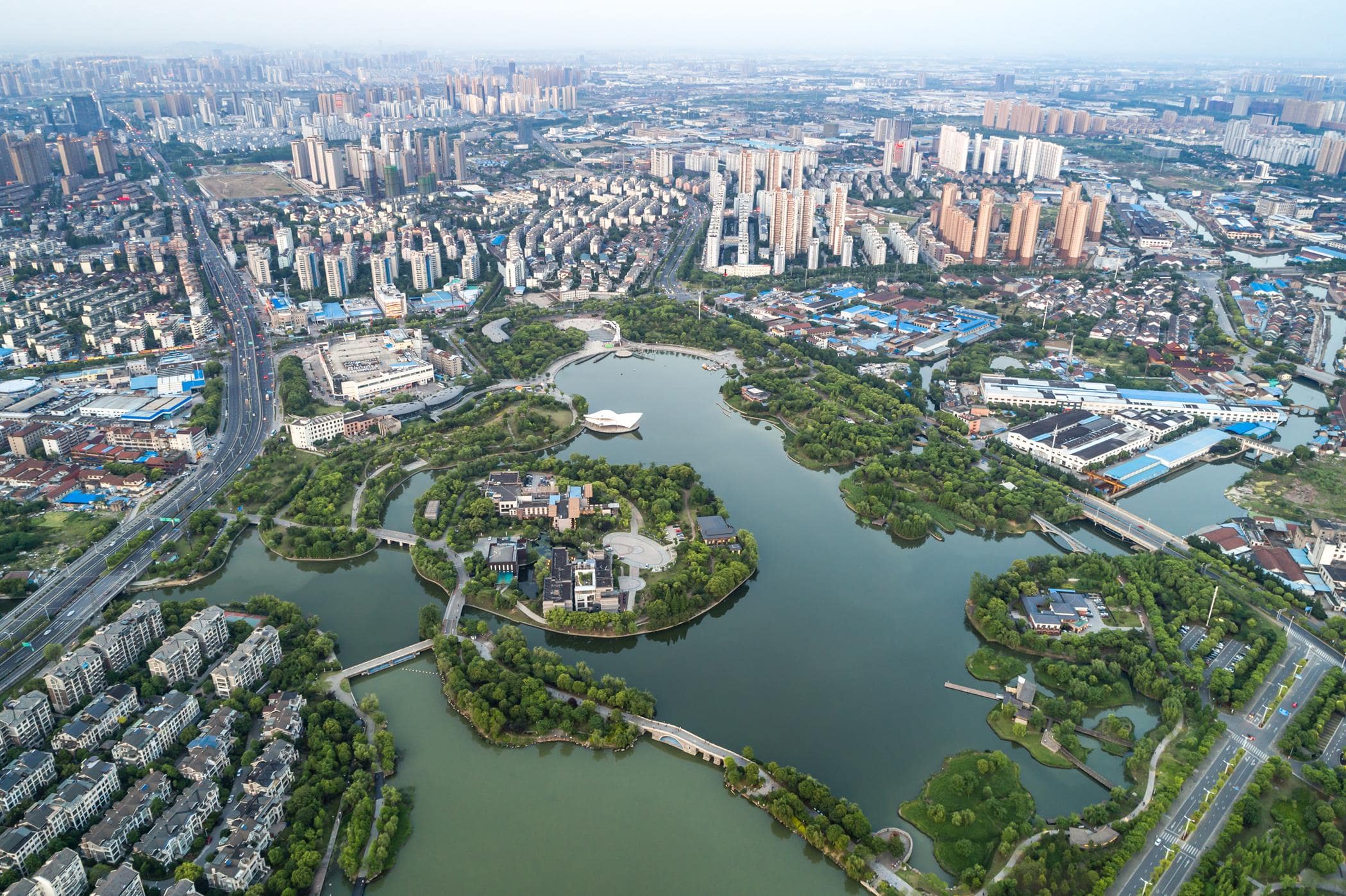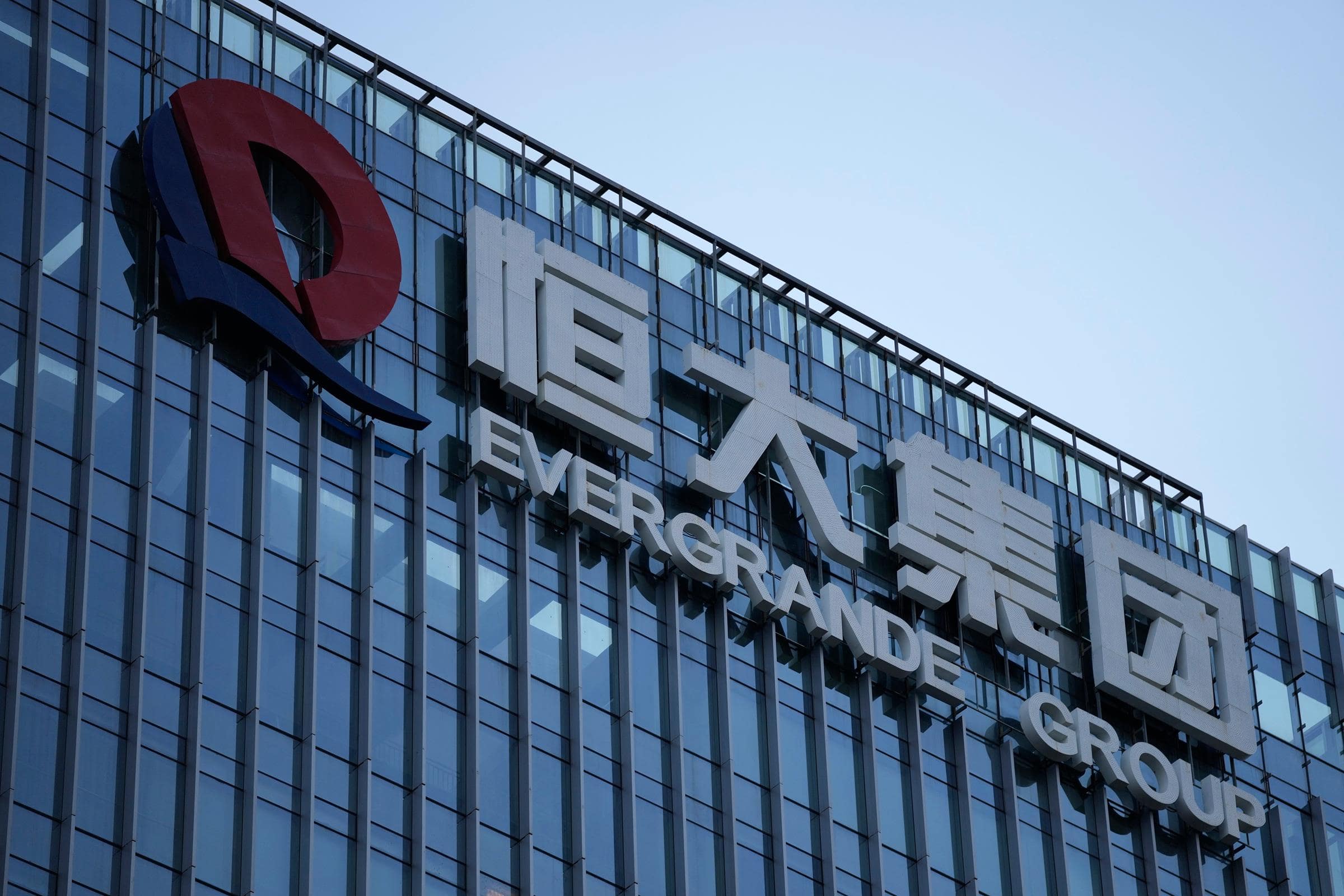January 2024 – In a landmark decision this month, a Hong Kong court mandated the liquidation of China Evergrande Group, recognized as the world’s most indebted property developer. This ruling follows Evergrande’s inability to propose a viable restructuring plan, a development that has stirred the Chinese property sector and the broader economy.

The Largest Liquidation in Chinese Real Estate History
Evergrande’s liquidation is unprecedented in the history of Chinese property developers. The company’s failure to negotiate a restructuring strategy with creditors led to this significant court order. The impact of this decision is far-reaching, with potential ripple effects across various economic sectors in China.

Complexities and Challenges in the Liquidation Process
The liquidation process is anticipated to be intricate and politically charged, considering Evergrande’s extensive assets and the multitude of authorities involved. A key hurdle will be managing the liquidation of Evergrande’s numerous subsidiaries and projects throughout mainland China. Many of these assets are entangled in complexities such as seizure by creditors, diminished market value, or negative equity, exacerbated by declining property prices.

Market Reactions: A Mixed Bag
The financial markets have shown varied reactions to Evergrande’s liquidation. While Evergrande’s own shares and bonds plummeted, optimism surfaced for other indebted developers like Country Garden Holdings and Longfor, whose shares increased. This optimism is partly attributed to expectations that the Chinese government might implement easing measures for the sector following Evergrande’s exit.

Analysts Weigh In: Risks and Realities
Financial experts opine that while the liquidation might not drastically alter the overall risk sentiment towards China credits, particularly those that are investment-grade, it introduces a new sense of realism in future restructuring in the sector. Stakeholders are expected to approach future negotiations with a more grounded perspective. However, there is a looming concern over the potential impact on confidence among mainland creditors and investors, which could adversely affect the Chinese real estate industry and residents’ willingness to invest in properties.

A Turning Point for China’s Real Estate Sector
This event marks a pivotal moment for China’s property market, signaling a possible shift in how business is conducted and regulated in one of the world’s most significant real estate markets. As the situation unfolds, all eyes will be on the Chinese government’s response and its implications for the future of property development and investment in the region.
